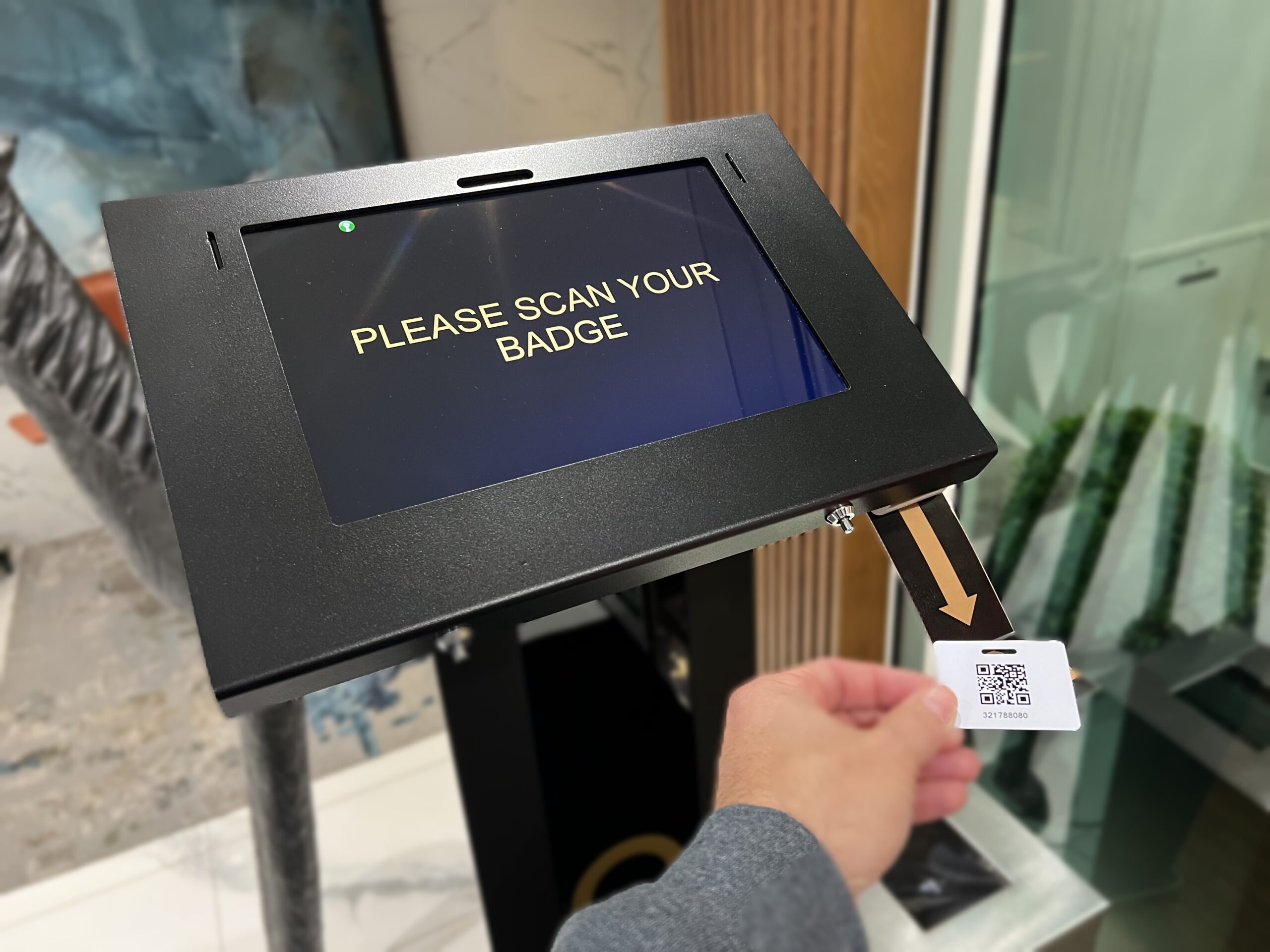QR codes are quite simple to understand. You scan it like a barcode and are typically directed to a website. You might consider them foolproof.
I was recently in Portugal on a river cruise where we were required to scan our QR code ID badge every time we left or returned to the ship. It’s a safety measure. I watched as a person held her card upside down so that her code could not be read by the scanner. She couldn’t understand why it didn’t work until staff assisted her. She did the same thing the next day.
We’ve all done stuff like that: Trying to insert a cable the wrong way, using the wrong switch to turn on the lights, or putting stamps on the wrong side of the envelope.
Here’s the point. No matter how well you design a solution or how much you prepare people for change, someone will always do it “wrong” – by your definition not theirs – in a way you did not expect. And usually, they will tell you that “it’s not working.” In other words, “it’s not me, it’s you.”
They’re right. Some type of logic led them to this point. Assumptions based on a different set of experiences. They’re not trying to do it wrong, they’ve just followed a different set of assumptions or experiences that made sense to them. The flipside of our QR code ID showed our names. I’m sure the woman believed that the card reader would pick up her name. Or perhaps that it would work like a chip in a credit card. Understandable.
So when rolling out change, expect the unexpected.
Whatever you expect them to do or train them to do, someone will find a creative way to do it differently. The worst thing you can do is punish them. The best thing you can do is congratulate them for trying and then point to a new approach.
Call it creative adaptation. Expect the unexpected. It WILL happen!
Thoughtfully yours,
Jeff Skipper



